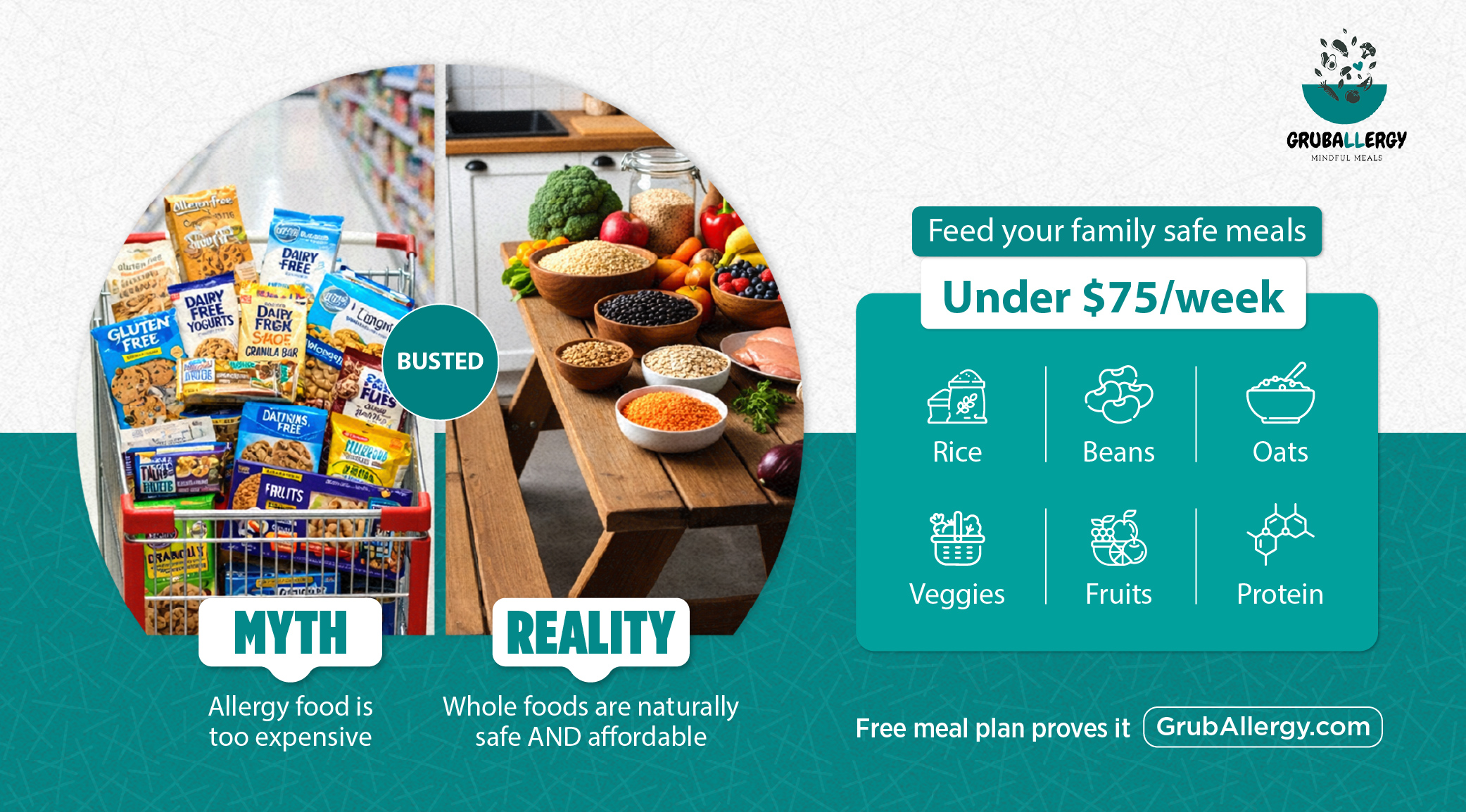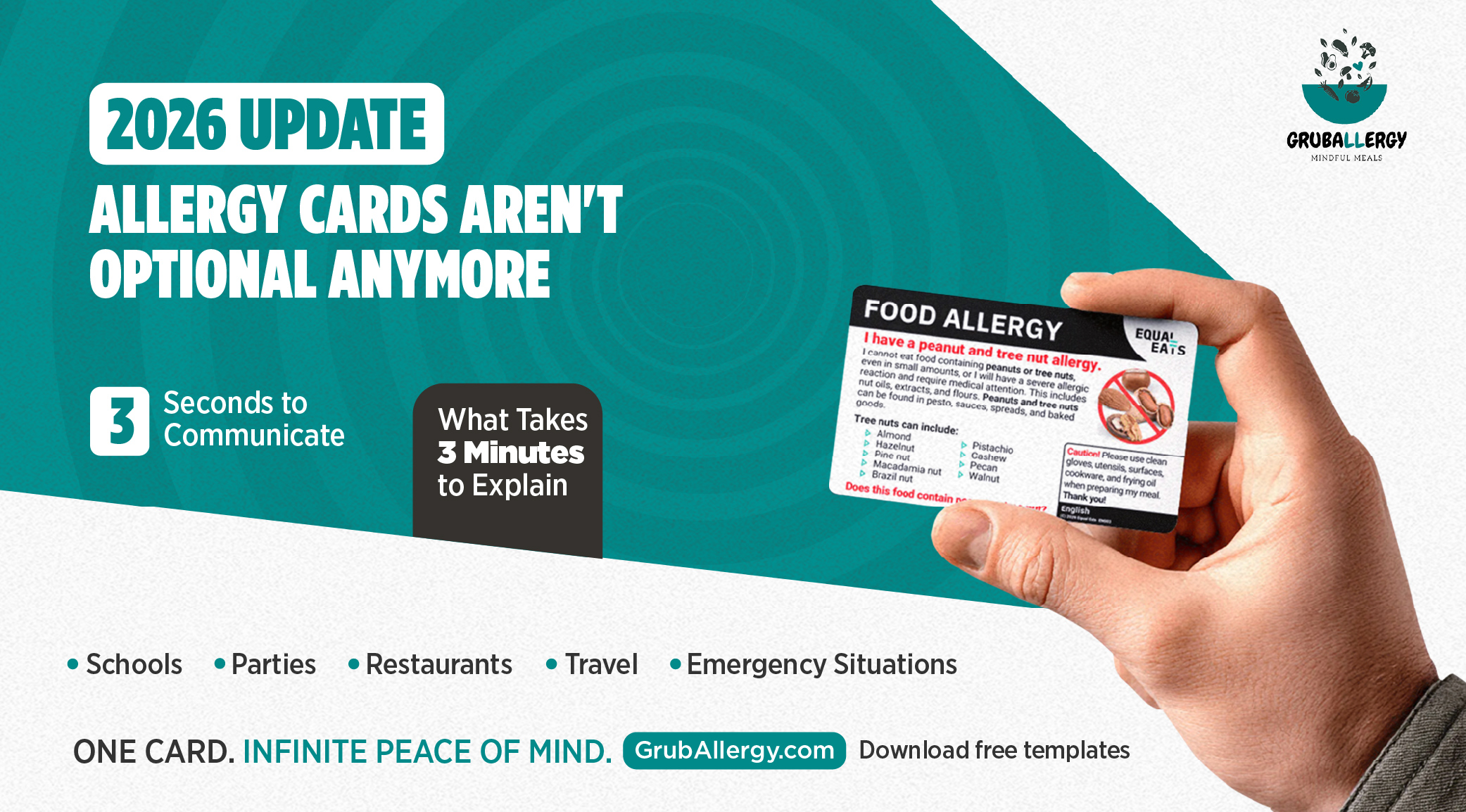
In today’s world, dietary needs and preferences are more diverse than ever before. Veganism has become a popular lifestyle choice for health, environmental, and ethical reasons. Simultaneously, food allergies and intolerances are increasingly common, affecting millions globally. Combining these two aspects, veganism and allergy-friendliness can seem daunting when grocery shopping. However, with the right knowledge and planning, creating a comprehensive, safe, and nutritious vegan allergy-friendly grocery list is entirely achievable. This essay explores the essentials of such a list, helping those with dietary restrictions shop with confidence and ease.
Understanding Vegan and Allergy-Friendly Needs
A vegan diet excludes all animal products including meat, dairy, eggs, and honey. Allergy-friendly foods avoid common allergens such as nuts, gluten, soy, dairy, eggs, shellfish, and sometimes seeds or corn, depending on the individual. The challenge is to identify foods that fulfill both criteria, providing balanced nutrition without triggering allergic reactions.
Staples of a Vegan Allergy-Friendly Grocery List
1. Fresh Fruits and Vegetables
These are naturally vegan and generally hypoallergenic, making them the foundation of any allergy-conscious vegan diet. Fruits and vegetables form the cornerstone of any vegan diet, providing essential vitamins, minerals, fiber, and antioxidants.
-
Leafy Greens: Spinach, kale, Swiss chard, arugula, collard greens
-
Cruciferous Veggies: Broccoli, cauliflower, Brussels sprouts, cabbage
-
Root Vegetables: Carrots, sweet potatoes, beets, radishes
-
Fruits: Bananas, apples, berries, oranges, avocados, mangoes, pineapples
-
Other Veggies: Bell peppers, cucumbers, zucchini, mushrooms, tomatoes, onions, garlic
Buying seasonal produce can be more affordable and flavorful.
2. Whole Grains and Starches
Grains and starches provide energy through complex carbohydrates and are a great source of fiber. For those avoiding gluten, grains such as rice, quinoa, millet, and certified gluten-free oats are excellent sources of carbohydrates and fiber.
-
Brown rice, quinoa, bulgur, barley, farro, millets
-
Whole wheat pasta and bread
-
Rolled oats or steel-cut oats for breakfast, certified gluten free oats
-
Sweet potatoes and regular potatoes
-
Corn and cornmeal
3. Legumes and Plant-Based Proteins
Protein is a vital nutrient, and a variety of plant-based sources ensures you meet your dietary needs. While soy is a common vegan protein source, it can be allergenic for some, so alternatives like chickpeas, black beans, and green peas are vital.
-
Lentils (red, green, brown)
-
Chickpeas (canned or dried)
-
Black beans, kidney beans, pinto beans
-
Tofu and tempeh
-
Edamame (fresh or frozen)
-
Peas and split peas
-
Vegan meat alternatives (seitan, soy-based products)
4. Nuts, Seeds, and Healthy Fats
Healthy fats support brain function and overall health. Nuts and seeds also add crunch and flavor to meals. Need to be careful with nuts and seeds allergies, but safe alternatives include avocado, olives, and coconut oil. These provide essential fatty acids crucial for heart and brain health.
-
Almonds, walnuts, cashews, pistachios
-
Chia seeds, flaxseeds, hemp seeds, sunflower seeds, pumpkin seeds
-
Nut butters like peanut butter, almond butter, tahini
-
Olive oil, avocado oil, coconut oil
5. Plant-Based Dairy Alternatives
Dairy substitutes help replicate the taste and texture of traditional dairy products.
-
Plant-based milks: almond, soy, oat, coconut, cashew
-
Vegan yogurts (coconut or soy-based)
-
Vegan cheese (nut-based or soy-based)
-
Vegan butter or margarine
6. Herbs, Spices, and Condiments
Fresh herbs and simple spices enhance flavor without allergens. Allergy-friendly condiments might include tahini-free hummus, apple cider vinegar, and certain mustards, depending on individual allergies.
-
Fresh herbs: cilantro, parsley, basil, mint, rosemary, thyme
-
Dried herbs and spices: cumin, paprika, turmeric, chili powder, curry powder, cinnamon
-
Condiments: soy sauce, tamari, nutritional yeast, tahini, mustard, vinegar (apple cider, balsamic), hot sauce
7. Baking and Cooking Essentials
These basics allow you to create a variety of baked goods and homemade meals.
-
All-purpose flour, whole wheat flour, almond flour
-
Baking powder, baking soda
-
Maple syrup, agave nectar, coconut sugar
-
Vegetable broth or bouillon cubes
8. Snacks and Convenience Foods
Having healthy snacks on hand prevents temptation and supports sustained energy throughout the day.
-
Dried fruits like dates, raisins, apricots
-
Rice cakes, whole grain crackers
-
Popcorn kernels
-
Dark chocolate (check for vegan certification)
-
Vegan protein bars
Tips for Allergy-Friendly Vegan Shopping
-
Read Labels Carefully: Packaged vegan products may contain hidden allergens. Always check ingredient lists and allergen warnings.
-
Choose Whole Foods: Whole, unprocessed foods reduce the risk of allergen exposure and provide optimal nutrition.
-
Buy Certified Products: Look for certifications such as gluten-free, nut-free, or allergen-free to ensure safety.
-
Plan Meals Ahead: Preparing a grocery list based on planned meals helps avoid impulse buys and ensures all dietary needs are met.
-
Shop at Specialty Stores: Health food stores and co-ops often carry a wider variety of allergy-friendly vegan products.
Conclusion
The ultimate vegan allergy-friendly grocery list focuses on fresh produce, gluten-free grains, legume-based proteins, safe dairy alternatives, and healthy fats, all tailored to avoid common allergens. While managing both veganism and allergies may seem complex, thoughtful planning and label awareness empower individuals to nourish themselves safely and deliciously. This approach not only fosters good health but also supports a compassionate and inclusive food culture.
You may also like
Leave a Reply

Get a free consultation with GrubAllergy.
Share your child's food allergy history, and let us guide you with expert advice on managing and navigating food allergies with confidence.



.png)







